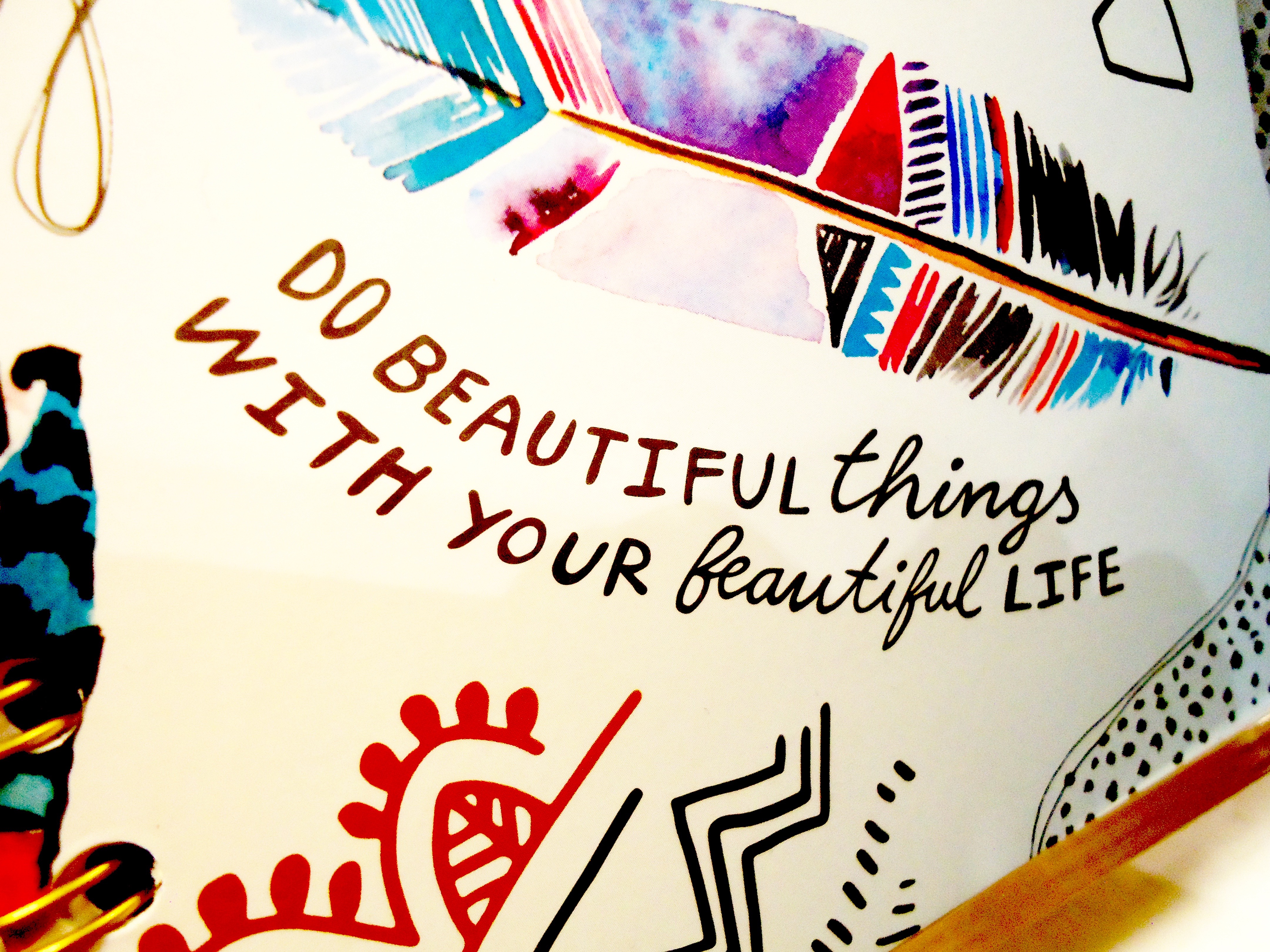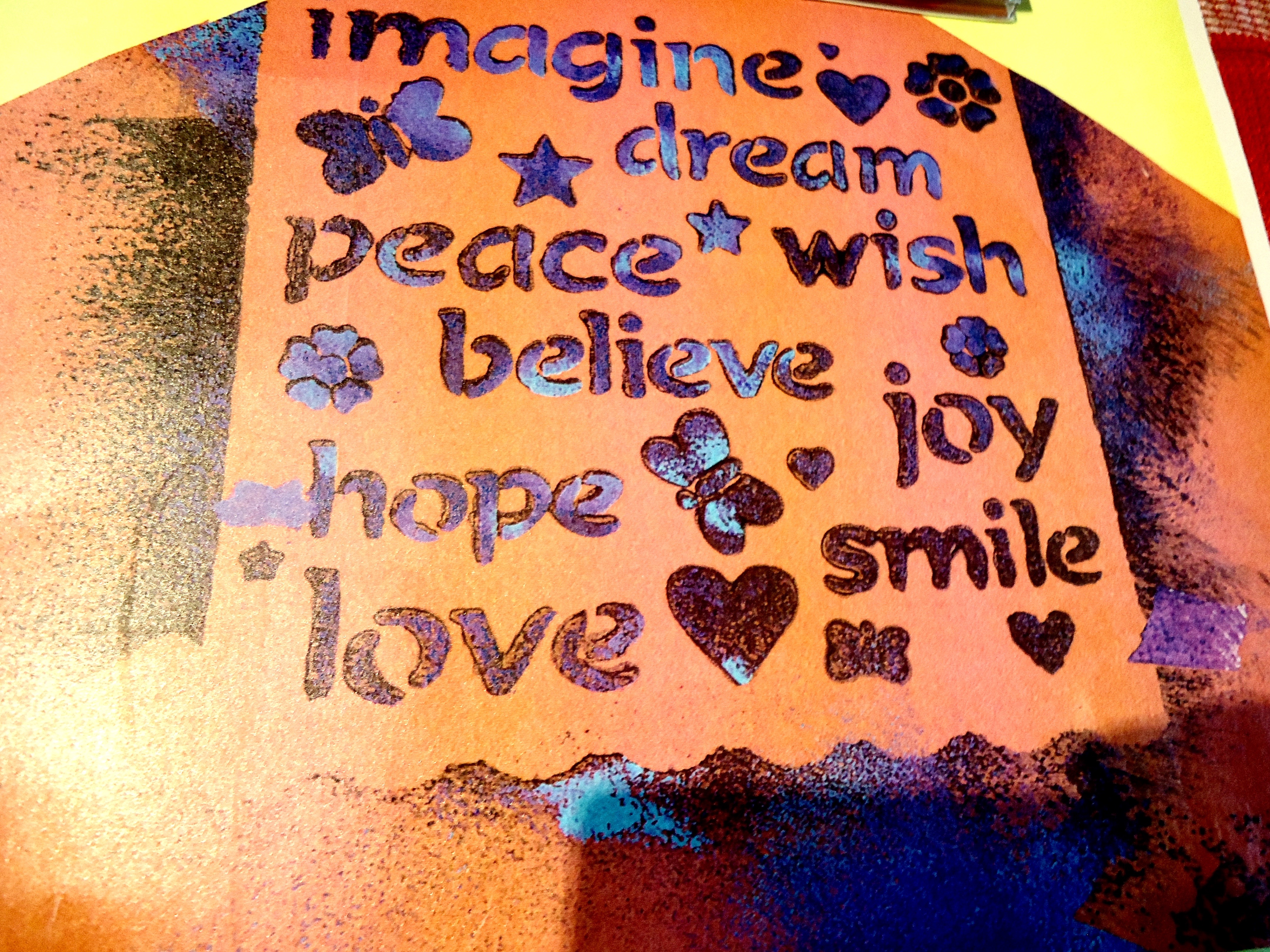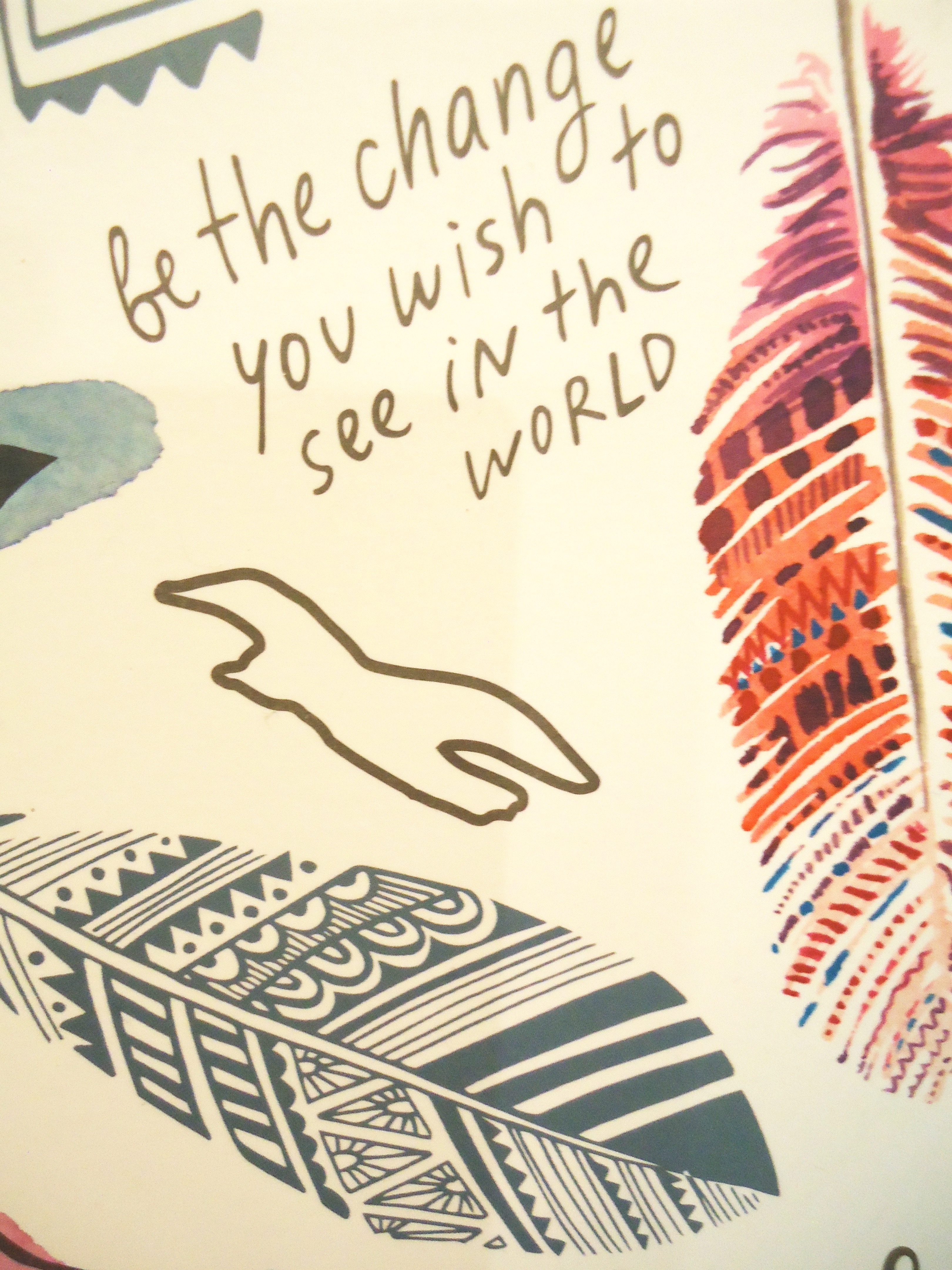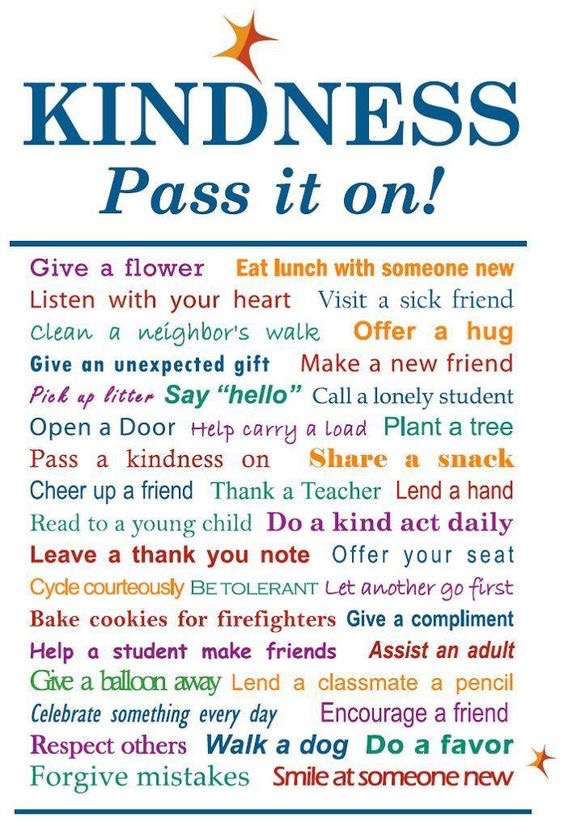November 13th is World Kindness Day. I wasn’t aware of this until just recently when a friend mentioned it to me. She said she liked my last blog post and could she make a suggestion for another. I said what would that be and she said, “you could write one for World Kindness Day.” What a wonderful idea to have a day set aside to remind us about practicing kindness.
No kind action ever stops with itself. One kind action leads to another. Good example is followed. A single act of kindness throws out roots in all directions, and the roots spring up and make new trees. ~ Amelia Earhart
Kindness feels good. We are moved by the kindness of other people to us and we in turn are moved to do kind things for others. There’s a ripple effect to kindness. I’m sure that most of us deep within our hearts want to be kind every day. Being human though, it’s easy to fall short of how we can factor kindness into our daily lives. So, perhaps setting an intention to be kind is a good place to start.
There’s a meditation called the Lovingkindness Meditation or Metta that has Buddhist roots. In this meditation, one starts by sending good wishes to oneself and then extends that out toward others. The basic phrases used are: MAY I BE SAFE, MAY I BE HAPPY, MAY I BE HEALTHY, MAY I LIVE WITH EASE. Perhaps, some of you are familiar with this or use other types of meditations, prayers, or rituals. Whatever your own form of daily intention or practice is, may I suggest you add: “MAY I BE KIND” to it. The Dalai Lama has said the best words on kindness that I know. He says: My religion is very simple. My religion is kindness.
Did you know that being kind is good for your health too? David Hamilton, author of “I HEART ME tells of its benefits on the heart: “Oxytocin causes the release of a chemical called nitric oxide in blood vessels, which dilates (expands) the blood vessels. This reduces blood pressure, and therefore oxytocin is known as a “cardio-protective” hormone because it protects the heart (by lowering blood pressure). The key is that acts of kindness can produce oxytocin, and therefore kindness can be said to be cardio-protective.” This is a good side-effect of being kind. Of course, the motive behind kindness is not to benefit one’s physical heart but to show love and care.
“If you haven’t any charity in your heart, you have the worst kind of heart trouble.” ~ Bob Hope
Kindness also has positive effects on mood, can slow the aging process, and has untold benefits for healthy relationships. At home, in the workplace, and out and about with friends or in our communities, we have probably all experienced how good we feel in good relationships. I feel great when somebody smiles, gets up, and offers me their seat on the subway. Many times I have had the opportunity to do the same for others and felt good about this. Even when we show kindness to a stranger or them to us, we are sharing not only kindness but peace, friendliness, and love.
When you are kind to others, it not only changes you, it changes the world. ~ Harold Kushner
Researchers and authors, Allan Luks and Peggy Payne (The Healing Power of Doing Good), have used the term “helper’s high” to express the health benefits of doing good. It seems that the same brain networks that are affected by chemical highs are the same ones that kick in when we practice kindness and compassion.





